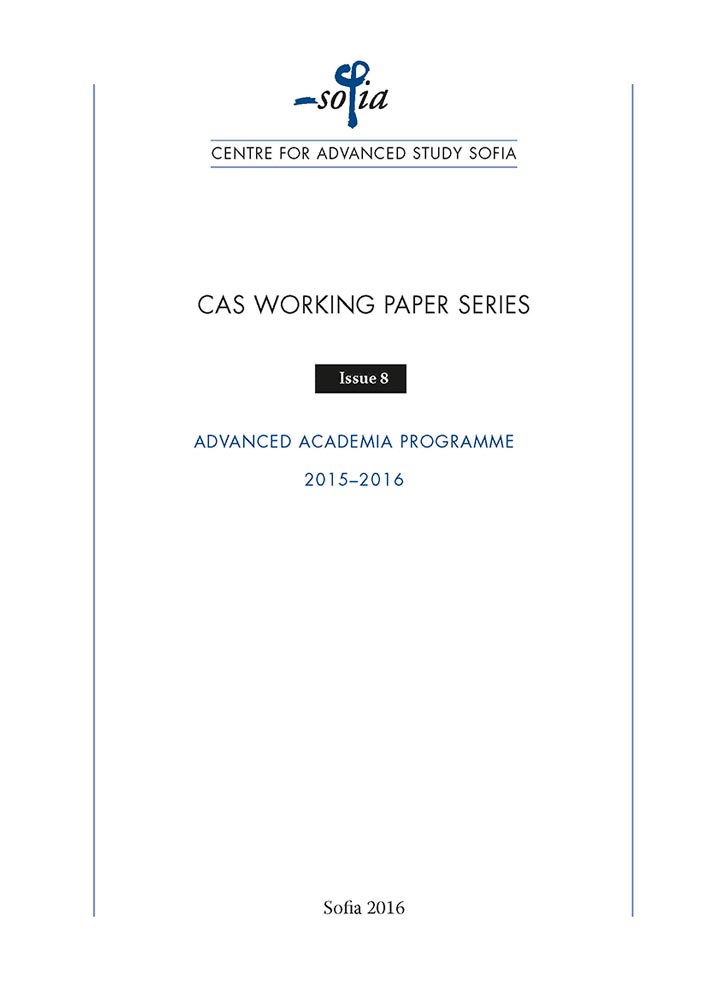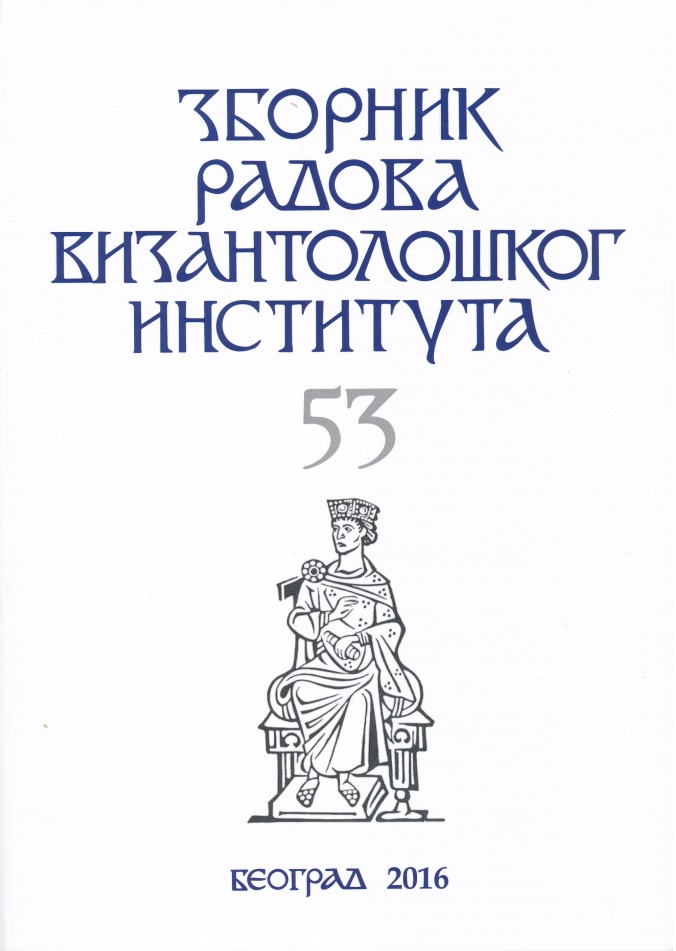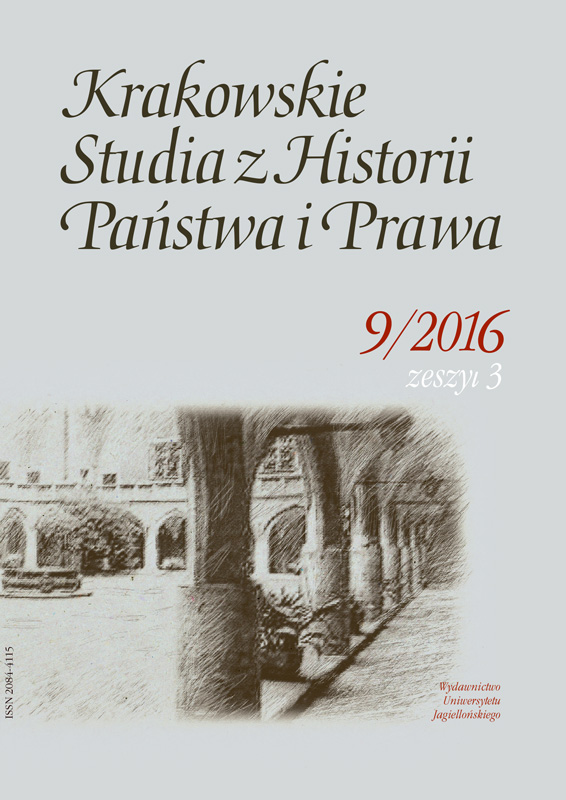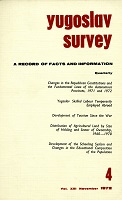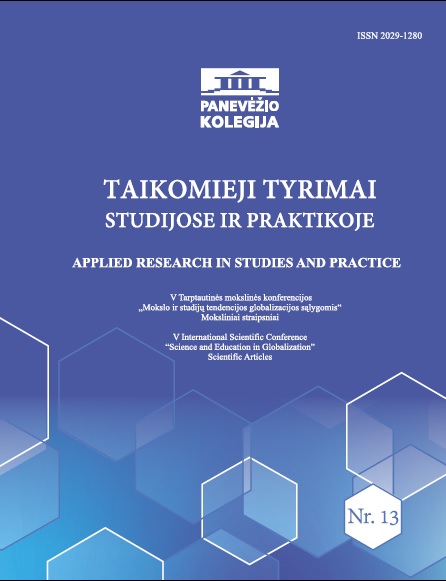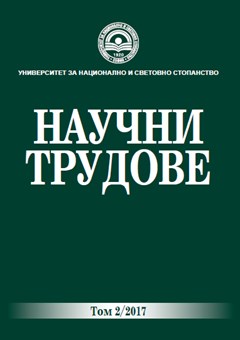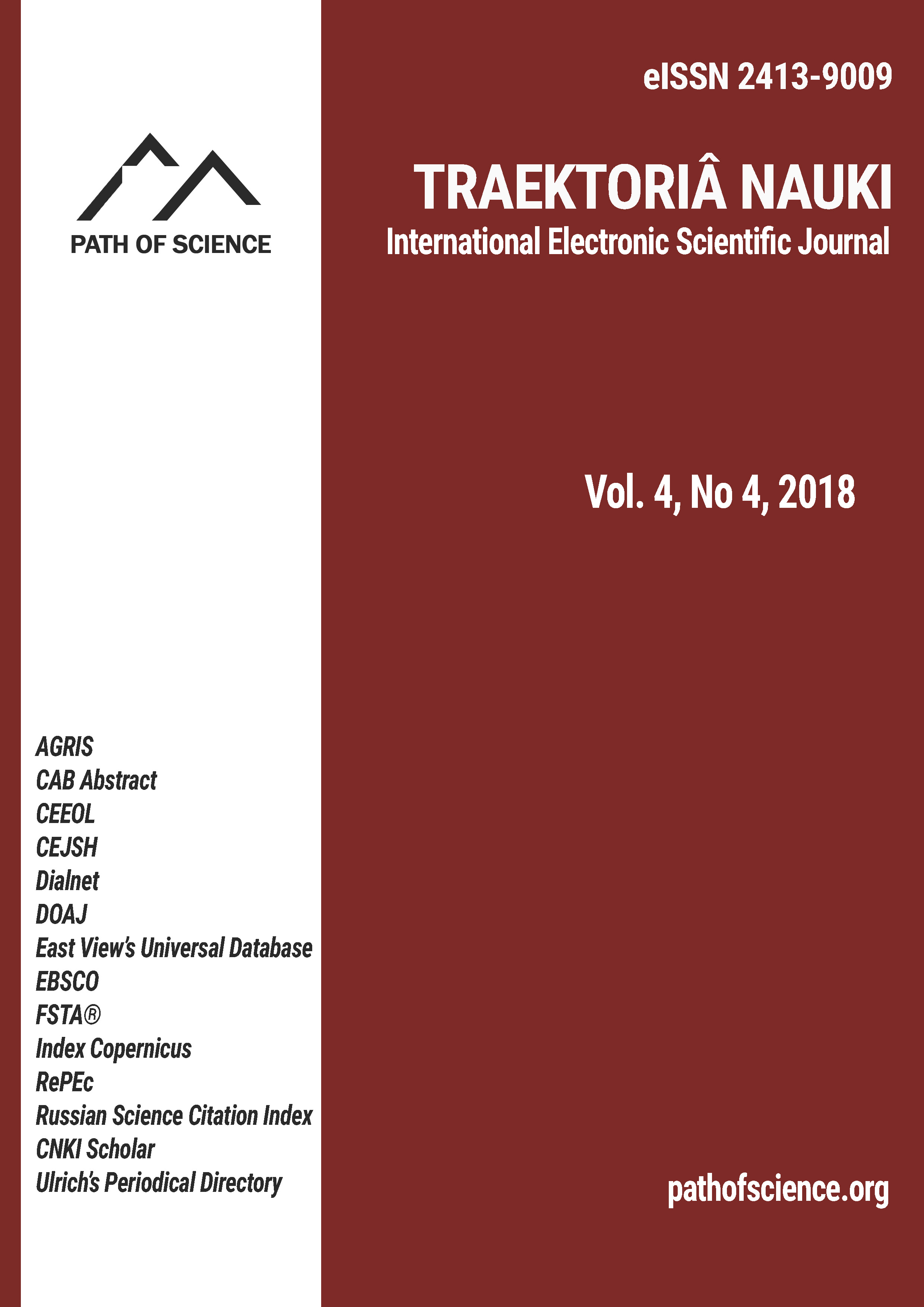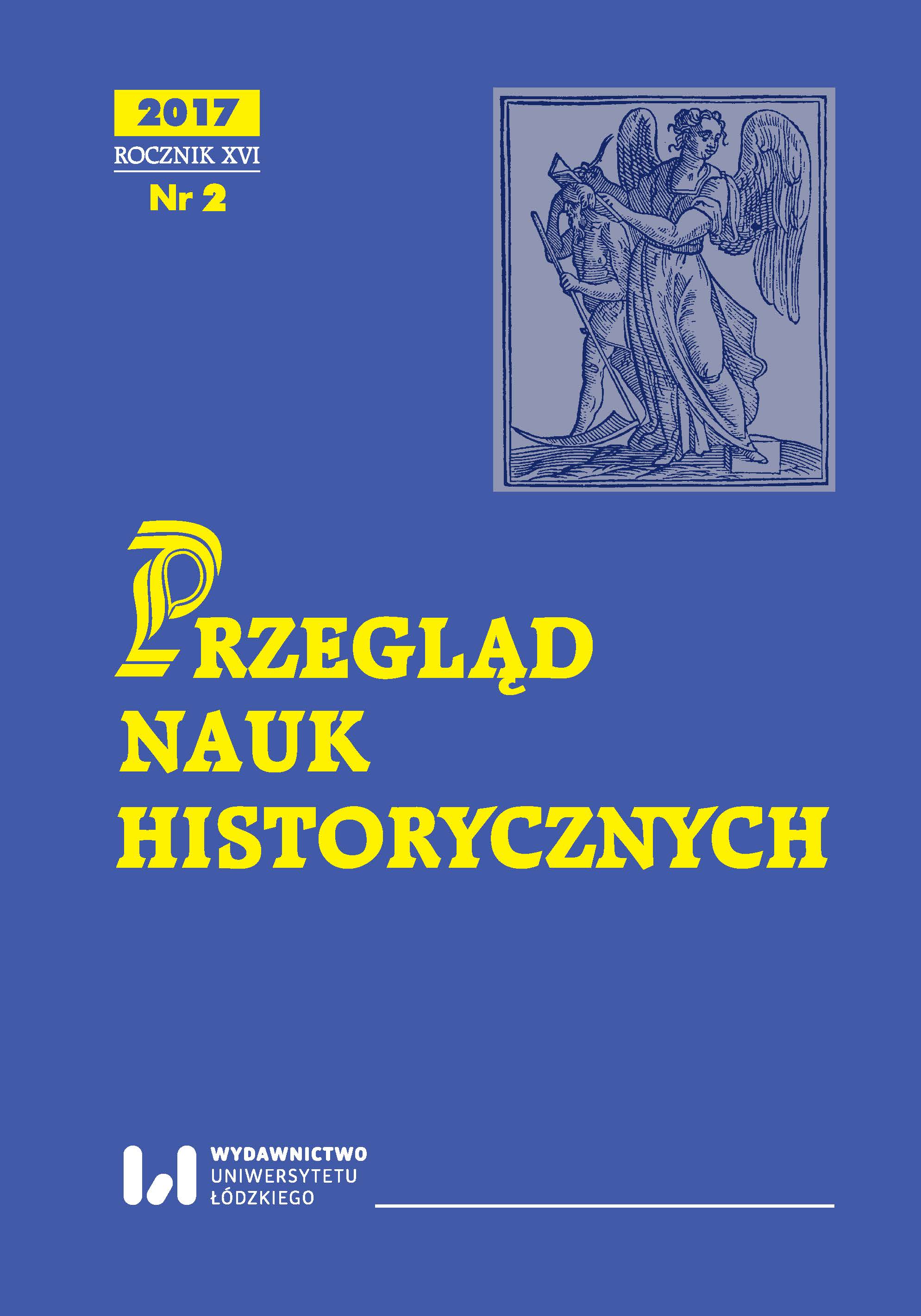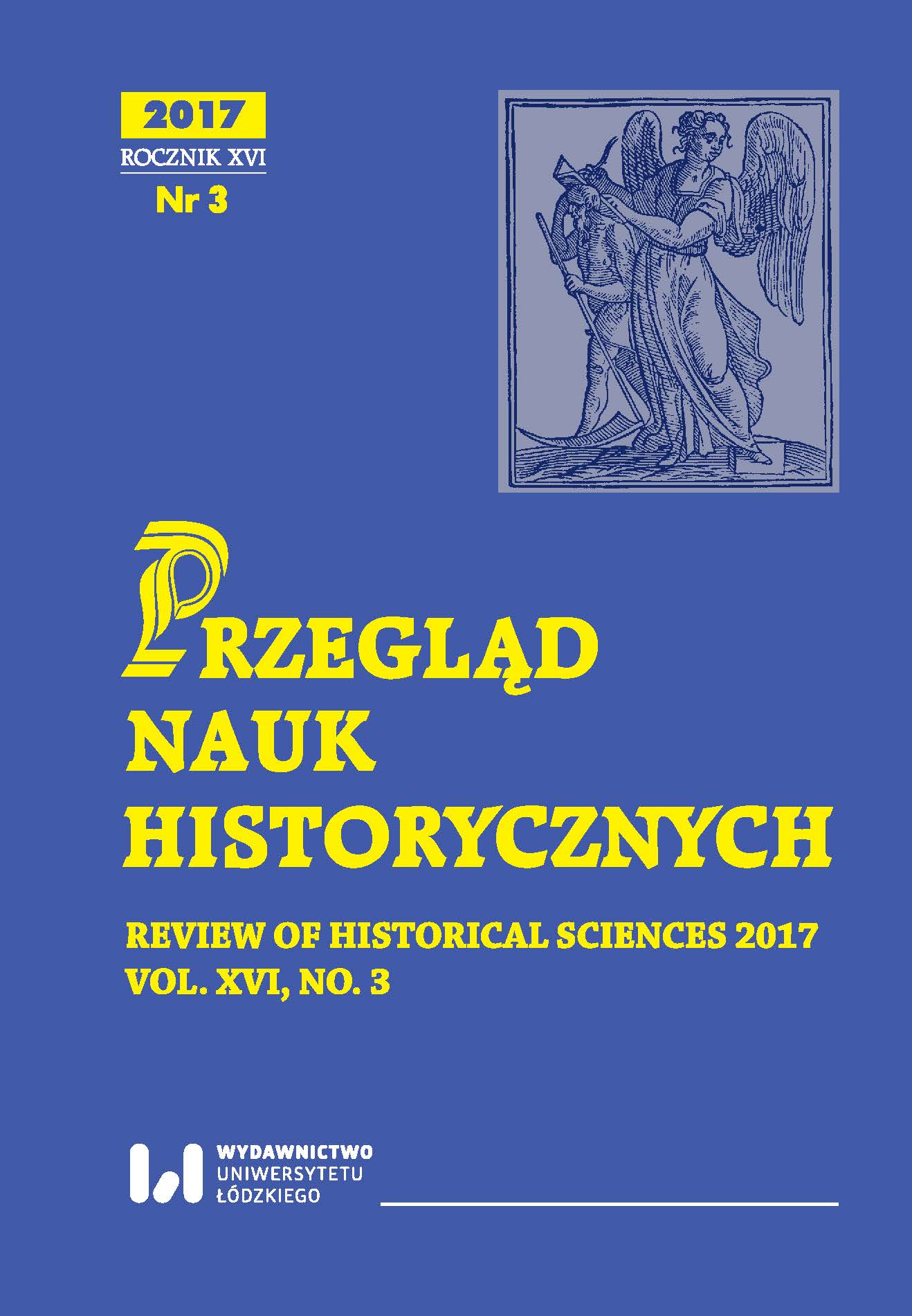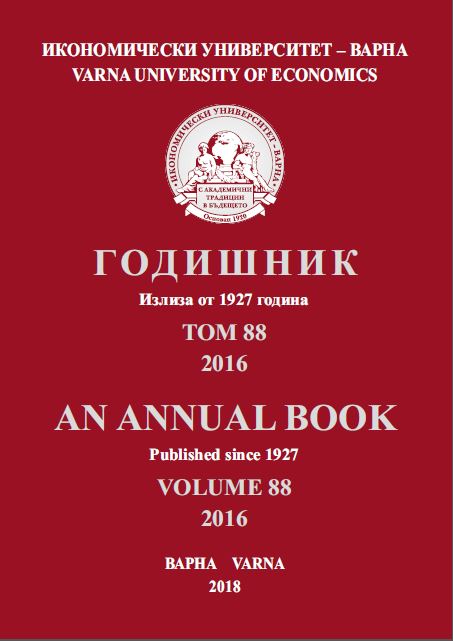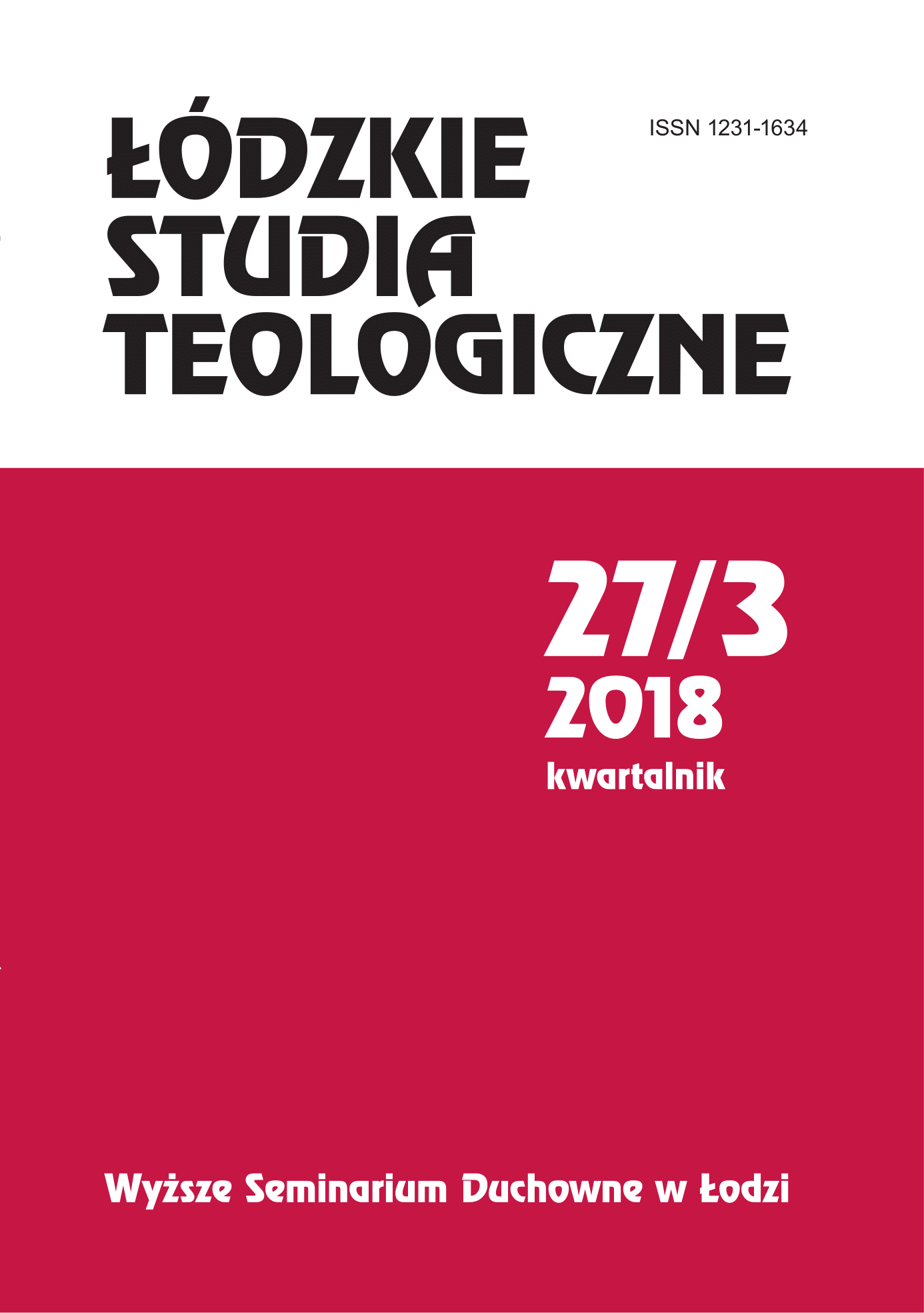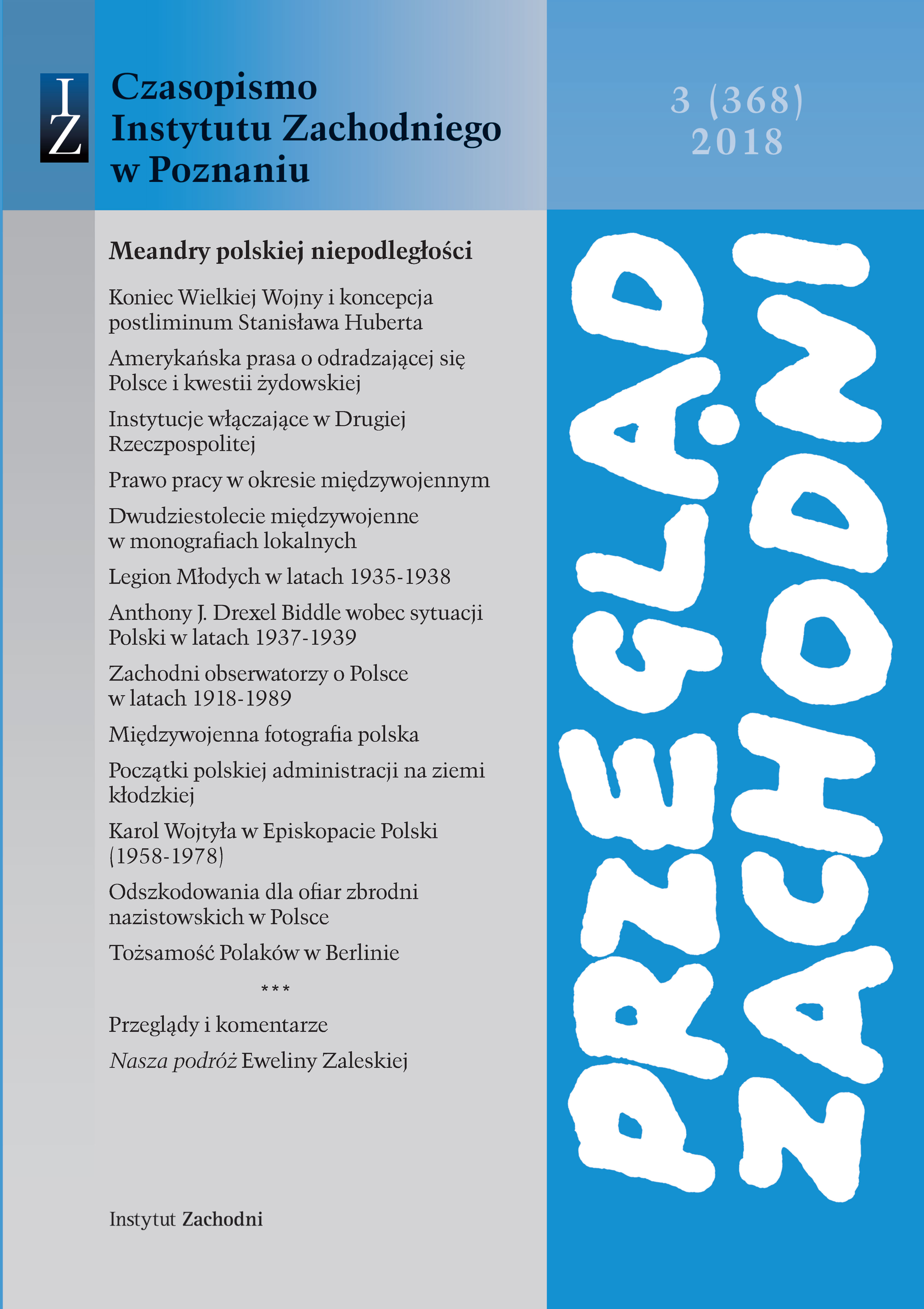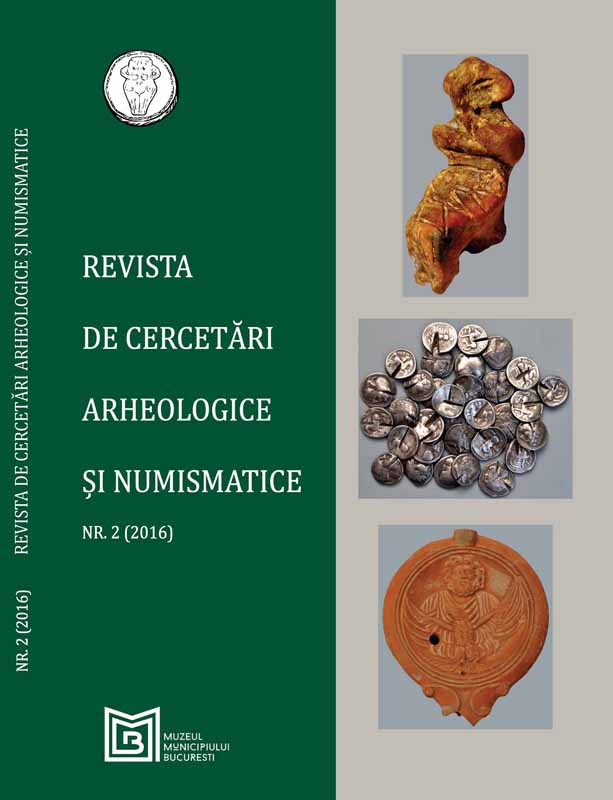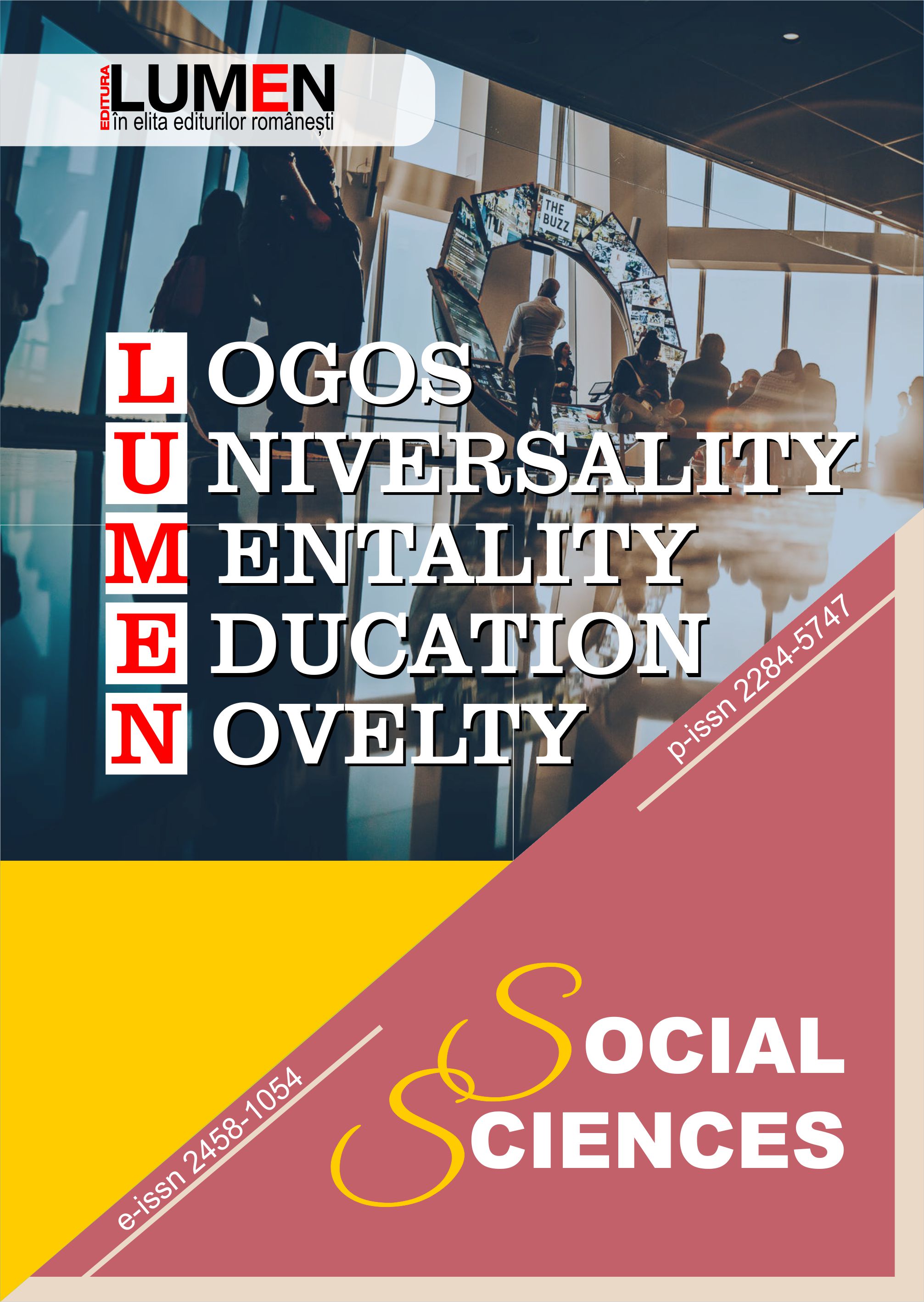Author(s): Krzysztof Lesiakowski / Language(s): Polish
Issue: 2/2017
The first half of the seventies of the 20th century was the time of great changes in Poland. The new leadership of the Central Committee of the Polish United Workers’ Party, headed by First Secretary Edward Gierek, reformulated the party policy, trying to improve the living conditions of the society and at the same time, to modernize the Polish industry, to enhance residential construction, and to boost international trade. The Polish automotive industry also required radical changes in the vehicles of both, private use and collective transport. Hence, at the beginning of 1971, a politically-motivated decision was made to buy a license for a small-engine car and for a modern bus from the western countries. The trade negotiations with Fiat, Citroën, Renault (passenger car) as well as Berliet, Fiat, Hino (Japan), Klöckner-Humboldt-Deutz (bus) did not last long. Already in October 1971, a contract was signed with the Italian Fiat, under the terms of which the Fiat 126p car production was to be launched in Poland, and in August 1972 with the French Berliet, which undertook the production of a modern bus. In practice, Fiat 126p took the national automotive industry to a totally new level, becoming a highly popular car. The Berliet bus, in contrast, proved not to be an effective solution to the problems of the Polish public transport. It can be concluded that the concept of modernizing the Polish automotive industry by launching the licensed production of Western vehicles, which was formulated at the beginning of the seventies of the 20th century, turned out to be only partially successful. // Polska pierwszej połowy dekady lat siedemdziesiątych XX w. to czas wielkich przemian. Nowe kierownictwo z I sekretarzem Komitetu Centralnego Polskiej Zjednoczonej Partii Robotniczej Edwardem Gierkiem na czele radykalnie zmieniło dotychczasową politykę, usiłując poprawić materialne warunki życia społeczeństwa i jednocześnie unowocześnić polski przemysł, rozwijać budownictwo mieszkaniowe, ożywiać wymianę handlową z zagranicą. Radykalnych zmian wymagała też polska motoryzacja – tak pojazdy wykorzystywane do użytku prywatnego, jak i do komunikacji zbiorowej. Stąd już na początku 1971 r. podjęto polityczną decyzję o zakupie w krajach zachodnich licencji na małolitrażowy samochód osobowy i nowoczesny autobus. Negocjacje handlowe z firmami Fiat, Citroen, Renault (samochód osobowy) oraz Berliet, Fiat, Hino (Japonia), Kloeckner-Humblod-Deutz (autobus) nie trwały długo. Już w październiku 1971 r. zawarto umowę z włoskim Fiatem, który zobowiązał się do uruchomienia w Polsce produkcji samochodu fiat 126p i w sierpniu 1972 r. z francuskim Berlietem, który zadeklarował rozpoczęcie wytwarzania nowoczesnego autobusu. W praktyce fiat 126p wprowadził krajową motoryzację na nieznany dotąd poziom i stał się bardzo popularnym autem. Natomiast autobus berliet nie był udanym pomysłem na rozwiązanie problemów polskiej komunikacji zbiorowej. Z tego wynika, że stworzona na początku dekady lat siedemdziesiątych XX w. koncepcja modernizacji polskiej motoryzacji, w drodze uruchomienia licencyjnej produkcji zachodnich pojazdów, zaowocowała ograniczonym powodzeniem.
More...

